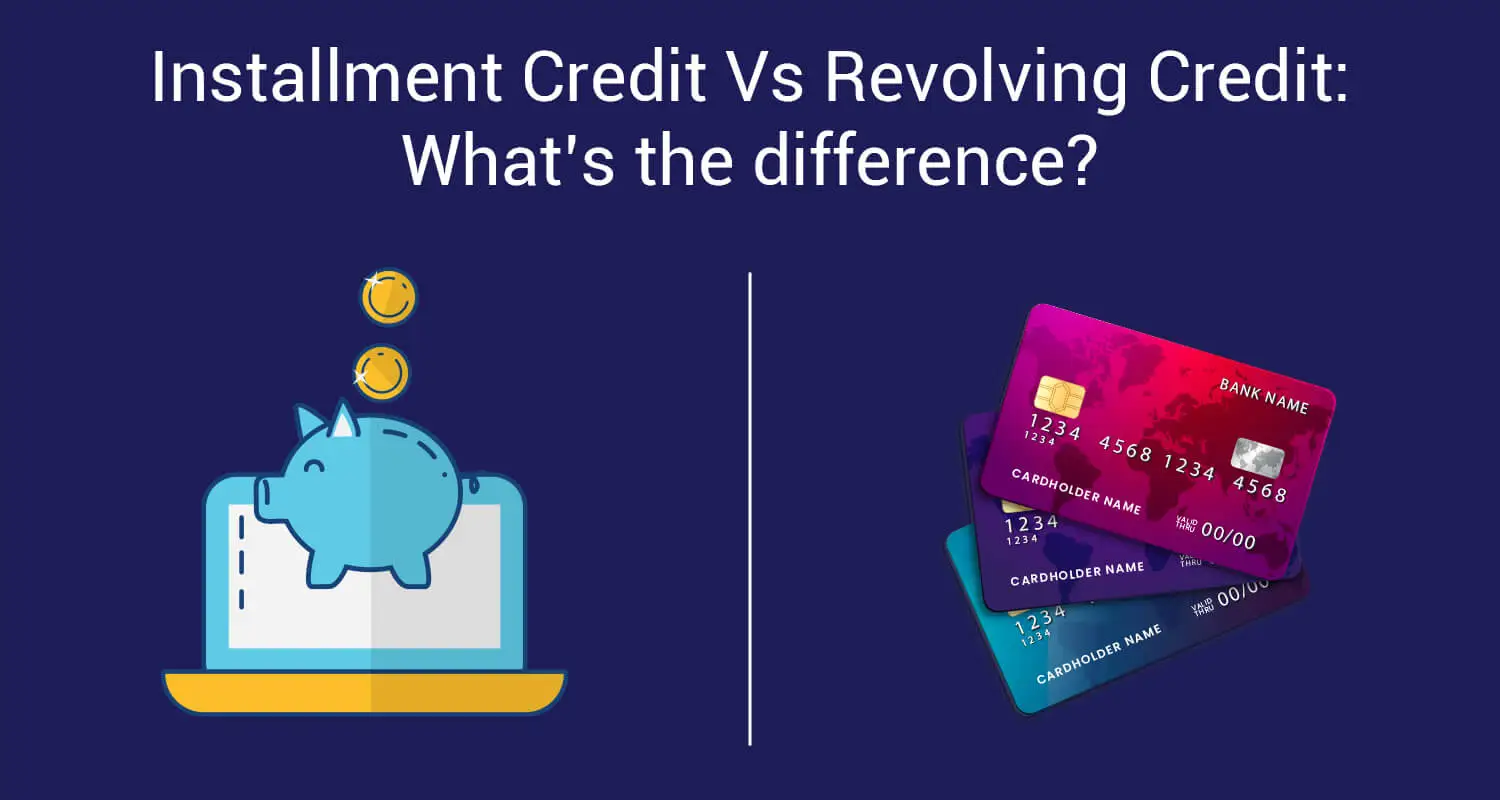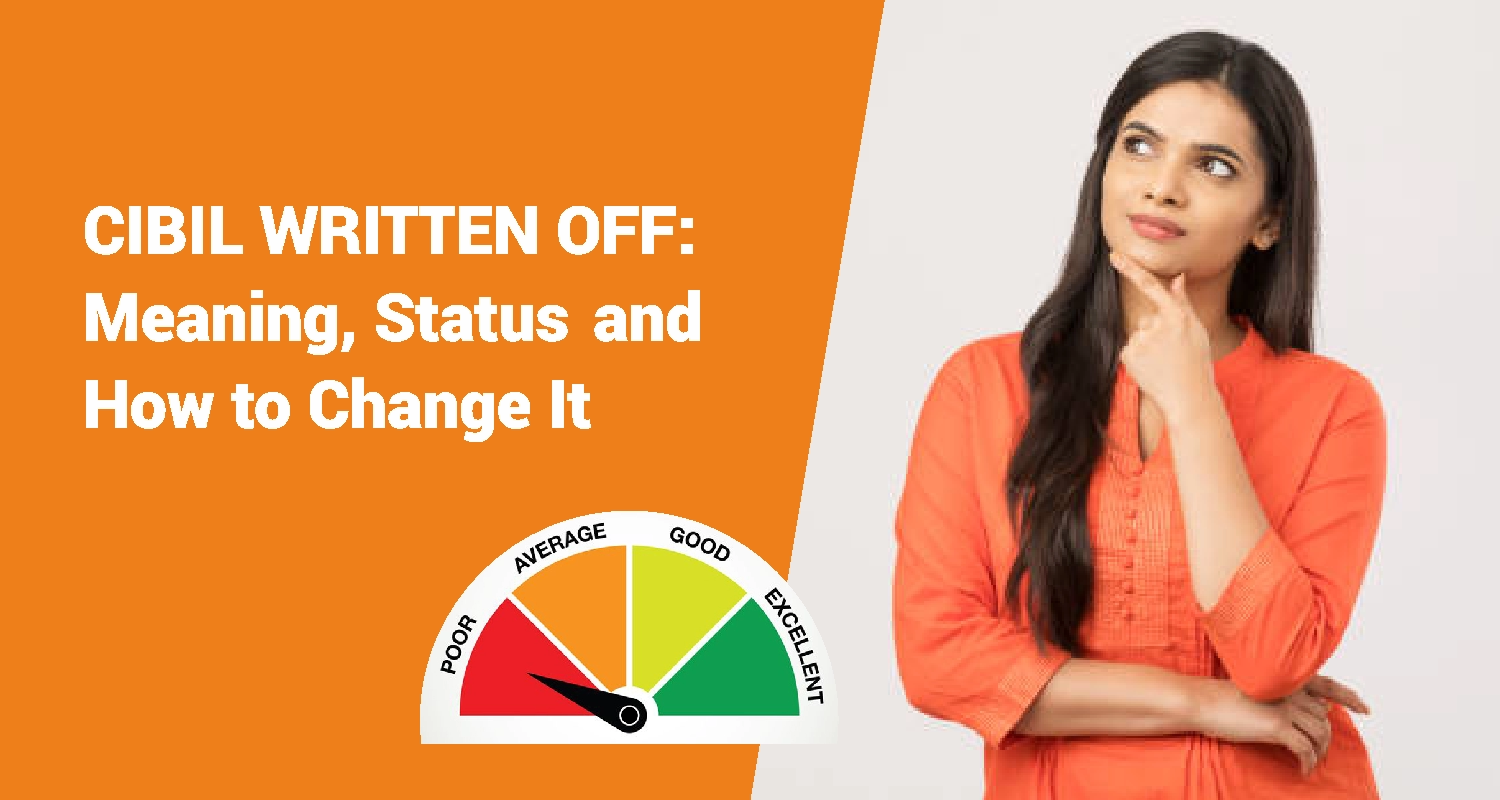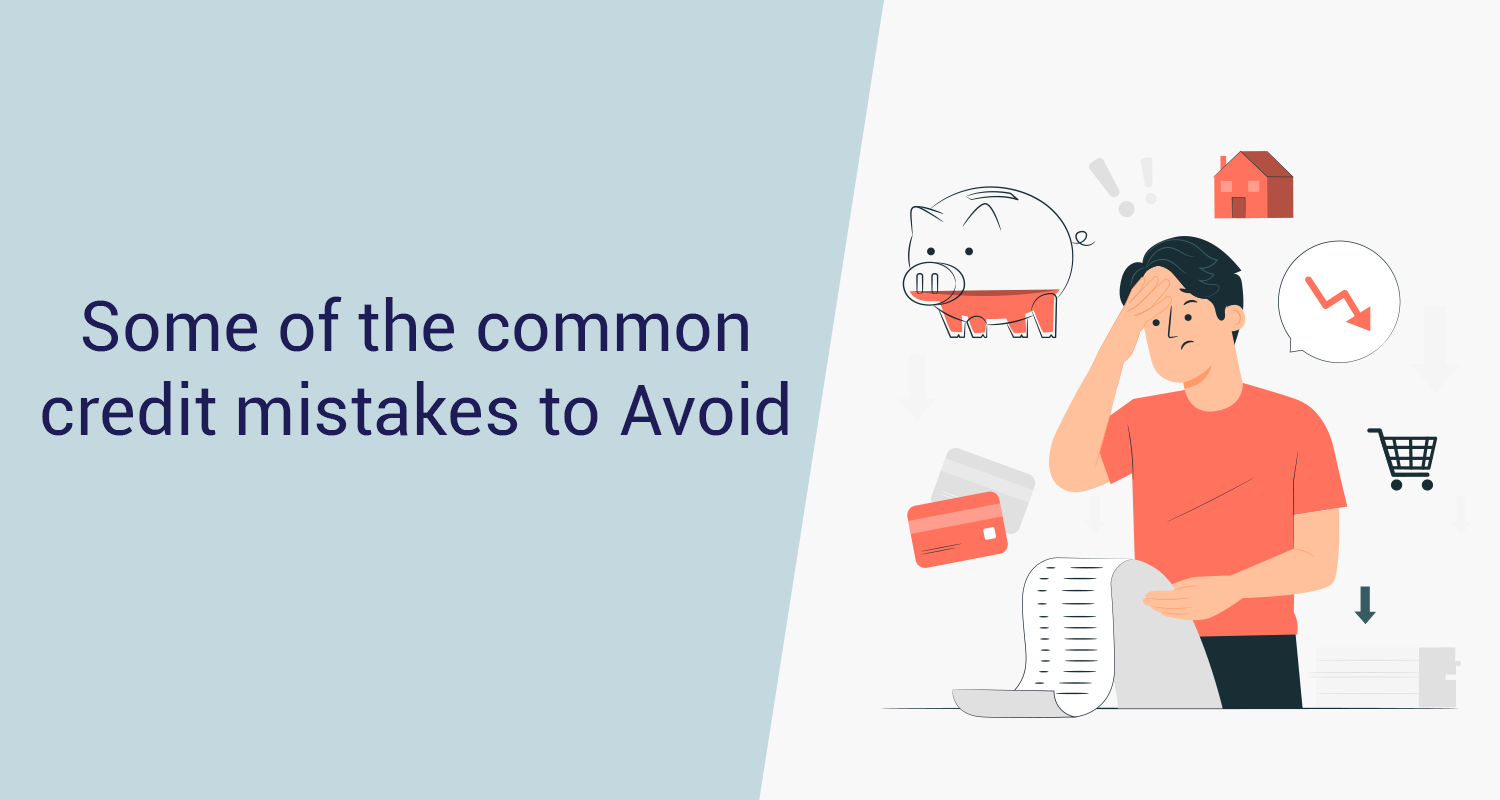Revolving credit vs. Installment credit: What's the Difference?

There are two main ways to borrow money: through fixed-term loans or ongoing lines of credit. Both can be helpful tools for financing purchases, but they have different structures and implications for your finances.
What is meant by installment credit?
This type of credit allows you to borrow a one-time lump sum of money from a lender. You repay this loan in fixed installments, typically on a monthly basis, until the entire amount is paid off. Once the loan is fully repaid, the account is usually closed. If you need more money later, you would need to apply for a new loan.
Common Types of Installment Credit:
- Home Loans: Long-term loans used to purchase or refinance homes.
- Auto Loans: Loans to finance the purchase of new or used vehicles.
- Student Loans: Loans to cover educational expenses like tuition and living costs.
- Personal Loans: Flexible loans for various purposes, such as home repairs, medical bills, or unexpected costs.
What is the meaning of revolving credit?
This type of credit provides access to a continuous line of credit up to a certain limit set by the lender. You can borrow from this line repeatedly as needed, as long as you stay below the limit. You are expected to make regular repayments on what you borrow, with a minimum payment required each month.
However, you can also choose to pay more towards the balance. If you don't pay the balance in full each month, interest will typically be charged on the remaining amount. Unlike installment credit, a revolving credit account remains open as long as you manage it responsibly. This means you can continue to borrow and repay funds within your credit limit.
Sapna aapka. Business Loan Humara.
Apply NowExamples of Revolving Credit:
- Credit Cards: The most common type, offering access to an ongoing credit line for everyday purchases, emergencies, or larger expenses.
- Personal Lines of Credit: Similar to credit cards, but with funds accessed through checks or direct transfers from your lender.
Revolving Credit Vs Installment Credit
| Revolving Credit | Installment Credit |
|
Borrow and repay funds repeatedly, up to a designated limit. |
Receive a one-time lump sum and repay in fixed installments over a set term. |
|
Interest typically accrues on the entire outstanding balance. |
Qualifying for these loans may require good or excellent credit. |
|
Interest is only charged on the amount you borrow and carry over each month. |
Fixed payments are spread out over a predetermined loan term. |
Choosing the Best: Revolving Credit Vs Installment Credit
Revolving Credit: This type of credit, often used with credit cards, is suitable when you plan to repay the borrowed amount in full by the due date. It can also be advantageous if you earn rewards programs that offer points, miles, or cash back. However, it's important to remember that interest accrues on any outstanding balance each month, and these interest rates can be higher than those associated with installment loans.
Installment Credit: Installment loans, like car loans or personal loans, may be a better option if you prefer predictable payments spread over a set term. This can simplify budgeting as you'll know exactly how much you owe each month. Qualifying for an installment loan can be more challenging, however, and typically requires good to excellent credit.
Repayment Methods: Installment Loan Vs Revolving Credit
The core difference between these credit types lies in the repayment structure.
Revolving Credit: With revolving credit, you have access to a borrowing limit set by the lender. This limit can be substantial, depending on your financial situation. You can borrow against this limit as needed, but you must repay the borrowed amount before reaching the limit again. Once repaid, the available credit renews, allowing you to borrow again.
Installment Credit: Installment loans provide a fixed sum of money, not a credit limit. You repay this amount in fixed installments over a predetermined period, typically monthly or yearly. Once the entire amount is repaid, the account is closed.
Impact of Revolving Credit & Installment Credit on Credit Score
Managing your credit utilization ratio is crucial when considering the impact on your credit score.
Revolving Credit: With revolving credit, using a high percentage of your available credit can negatively affect your score. A high outstanding balance indicates potential difficulty managing your finances. Conversely, paying off your balance quickly can improve your credit utilization and subsequently, your credit score.
Installment Credit: Installment loans offer a more stable credit utilization picture because the loan amount and repayment period are fixed. As long as you make your installments on time, your credit score should not be negatively affected.
FAQs
Q1. Which credit option is better for me: revolving or installment?Ans. It depends! Revolving credit (credit cards) is ideal for short-term needs and offers rewards if paid in full each month. However, interest rates can be high. Installment loans (car loans, personal loans) suit predictable payments and budgeting but may require good credit for approval.
Q2. How does each option affect my credit score?Ans. High revolving credit utilization (owing a large portion of your credit limit) can hurt your score. Timely payments on installment loans help maintain a good score.
Q3. How do I repay revolving credit?Ans. You can borrow up to your credit limit and repay the balance by the due date to avoid interest charges. Minimum payments are required, but you can pay more to reduce your debt faster.
Q4. What are some signs that I should choose an installment loan over a credit card?Ans. If you need a predictable monthly payment for a large purchase, or need to consolidate existing debts, an installment loan might be a better option. They typically offer lower interest rates than credit cards.
Q5. How can I improve my chances of qualifying for a good interest rate on a loan?Ans. In order to qualify for a good interest rate on a loan, you should:
- Maintain a good credit score by making timely payments on all your existing debts.
- Reduce your credit utilization ratio by paying down credit card balances.
- Shop around for lenders to compare rates and terms.
Sapna aapka. Business Loan Humara.
Apply NowDisclaimer: The information contained in this post is for general information purposes only. IIFL Finance Limited (including its associates and affiliates) ("the Company") assumes no liability or responsibility for any errors or omissions in the contents of this post and under no circumstances shall the Company be liable for any damage, loss, injury or disappointment etc. suffered by any reader. All information in this post is provided "as is", with no guarantee of completeness, accuracy, timeliness or of the results etc. obtained from the use of this information, and without warranty of any kind, express or implied, including, but not limited to warranties of performance, merchantability and fitness for a particular purpose. Given the changing nature of laws, rules and regulations, there may be delays, omissions or inaccuracies in the information contained in this post. The information on this post is provided with the understanding that the Company is not herein engaged in rendering legal, accounting, tax, or other professional advice and services. As such, it should not be used as a substitute for consultation with professional accounting, tax, legal or other competent advisers. This post may contain views and opinions which are those of the authors and do not necessarily reflect the official policy or position of any other agency or organization. This post may also contain links to external websites that are not provided or maintained by or in any way affiliated with the Company and the Company does not guarantee the accuracy, relevance, timeliness, or completeness of any information on these external websites. Any/ all (Gold/ Personal/ Business) loan product specifications and information that maybe stated in this post are subject to change from time to time, readers are advised to reach out to the Company for current specifications of the said (Gold/ Personal/ Business) loan.



